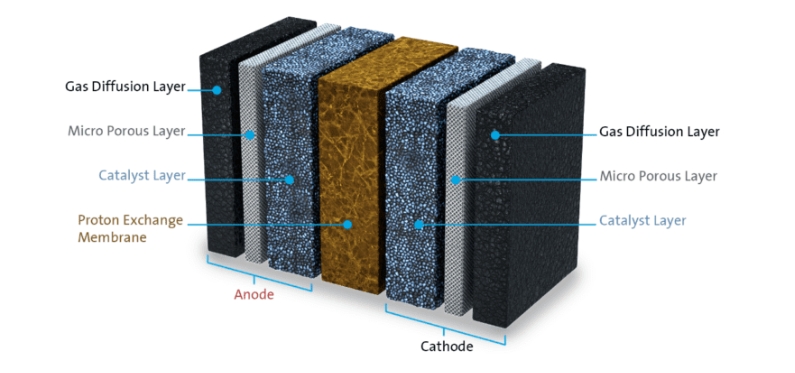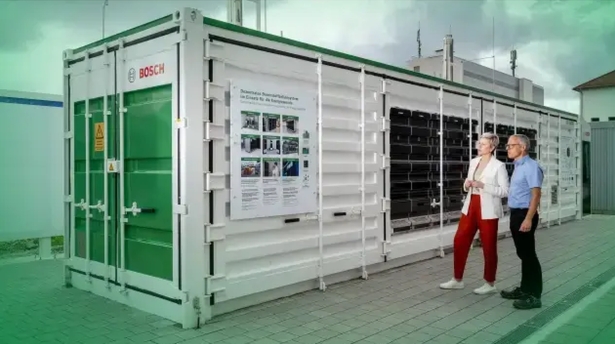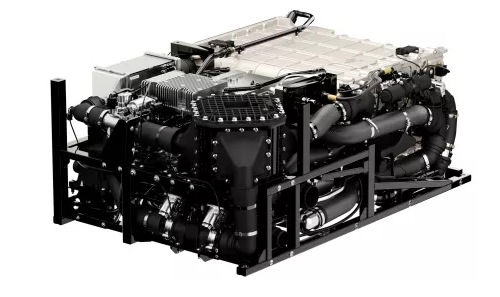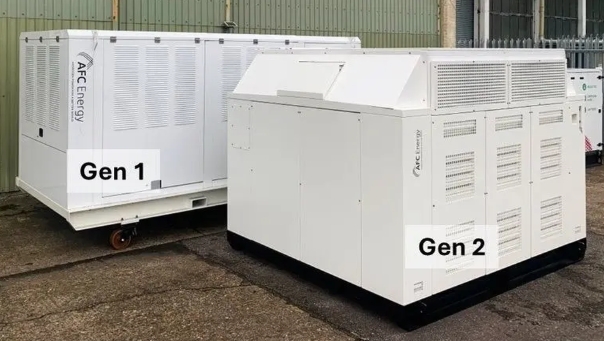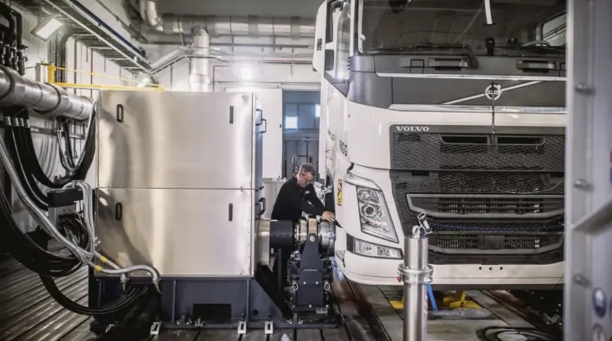As part of news on geothermal production bonus payments to local administrations, which will increase the Regional Original Income (PAD), news emerge on the imminent start on drilling for the expansion of the geothermal plants of Dieng and Patuha in Central Java. In accordance with the provisions, local governments whose areas have Geothermal Power Plants (PLTP) will receive half a percent of the gross revenue from geothermal electricity sales, which increases the income of Banjarnegara Regency where the plants are located.
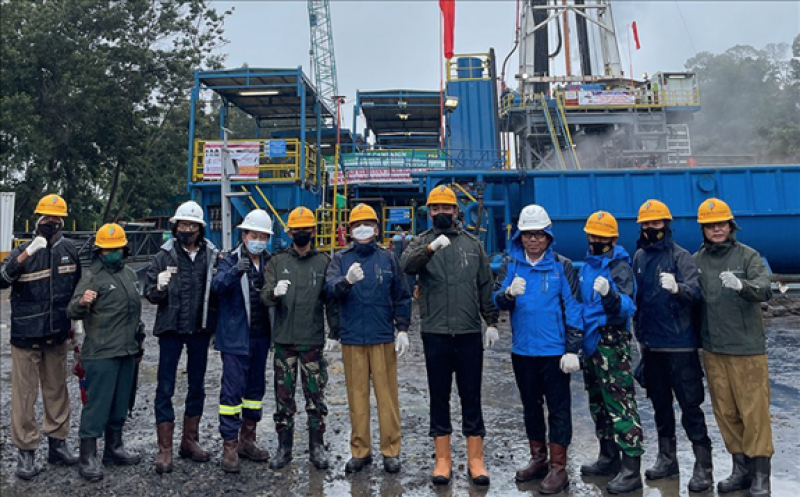 Drilling rig and team at site of Dieng 2 project, Central Java (source: PT Geo Dipa)
Drilling rig and team at site of Dieng 2 project, Central Java (source: PT Geo Dipa)
The Project General Manager for the Dieng 2 & Patuha 2 projects of PT Geo Dipa Energi, Supriadinata Marza said that they are currently preparing to drill 10 wells in Karangtengah Village, Batur District. Five wells are production wells and five injection wells with a capacity of 1 x 55 MW nett.
He said drilling will start on November 25, 2021. Both production wells, injection wells and power plants will all be built in Karangtengah Village, Batur District. The depth of each well is about 3,000 meters and the drilling time is 65 days per well.
According to him, the production bonus that will be given to the Banjarnegara Regency Government is around Rp. 1.5 billion to Rp. 2 billion. “That’s an average, depending on what year our production was. And we paid it according to the Decree of the Minister of Energy and Mineral Resources every quarter. Unit 2 all go to Banjarnegara,” he explained this week.
It is estimated that this production bonus will be given at the end of 2025. The production bonus will be given after the PLTB starts operating. In addition to the production bonus, there is also a revenue-sharing fund from PT Geo Dipa Energi (Persero)’s tax deposit to the government.
He explained that the investment for the Dieng 2 PLTP was USD 220 million. “45 percent for drilling, 50 percent for building power plants, the other for supporting,” he explained.
Acting Regent of Banjarnegara Syamsudin said the Banjarnegara Regency Government fully supports the construction of the Dieng 2 PLTP. “This belongs to the state, so we don’t have any objections,” he said.
Social media posts of today indicate that spudding of wells started actually November 18, 2021.

